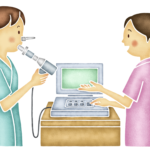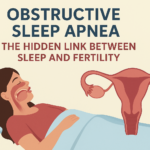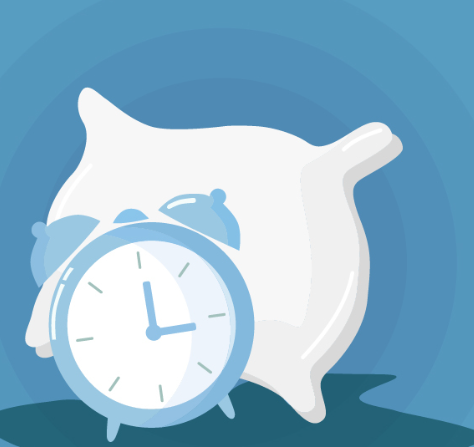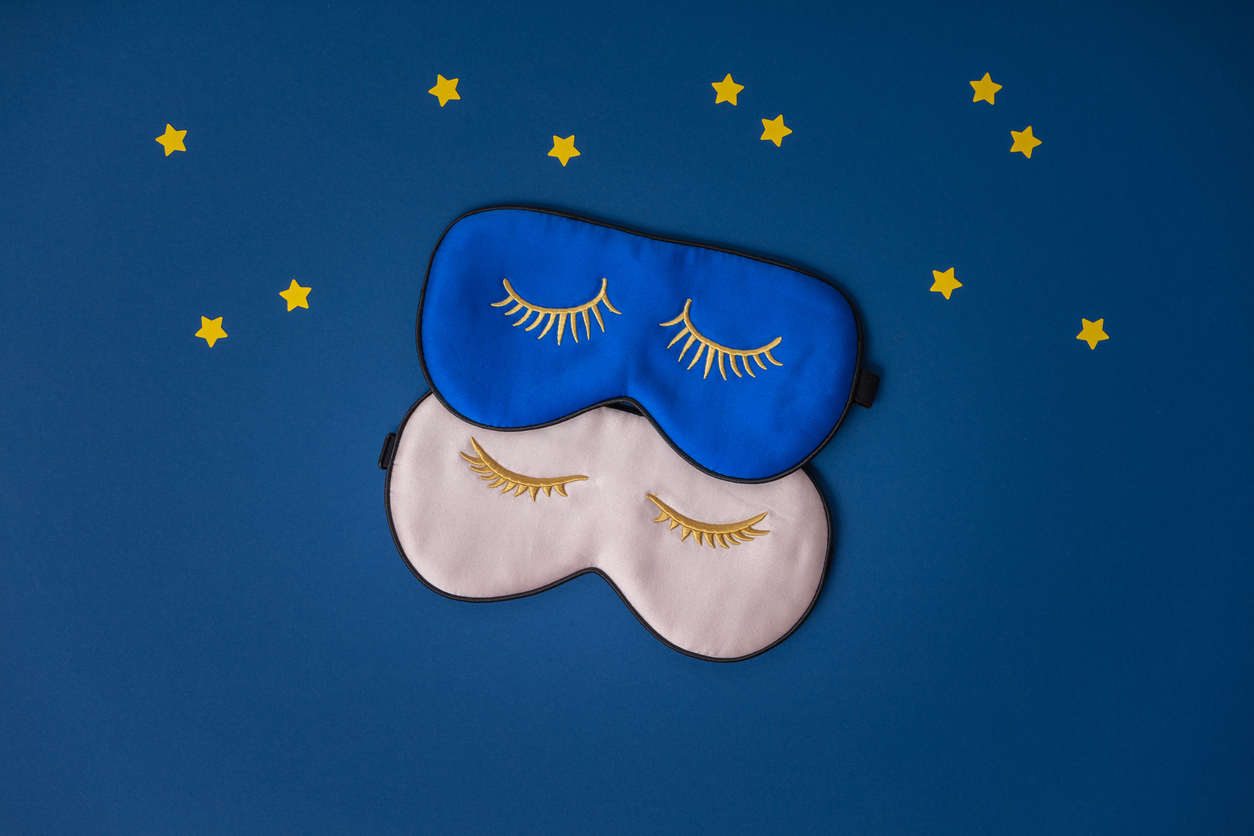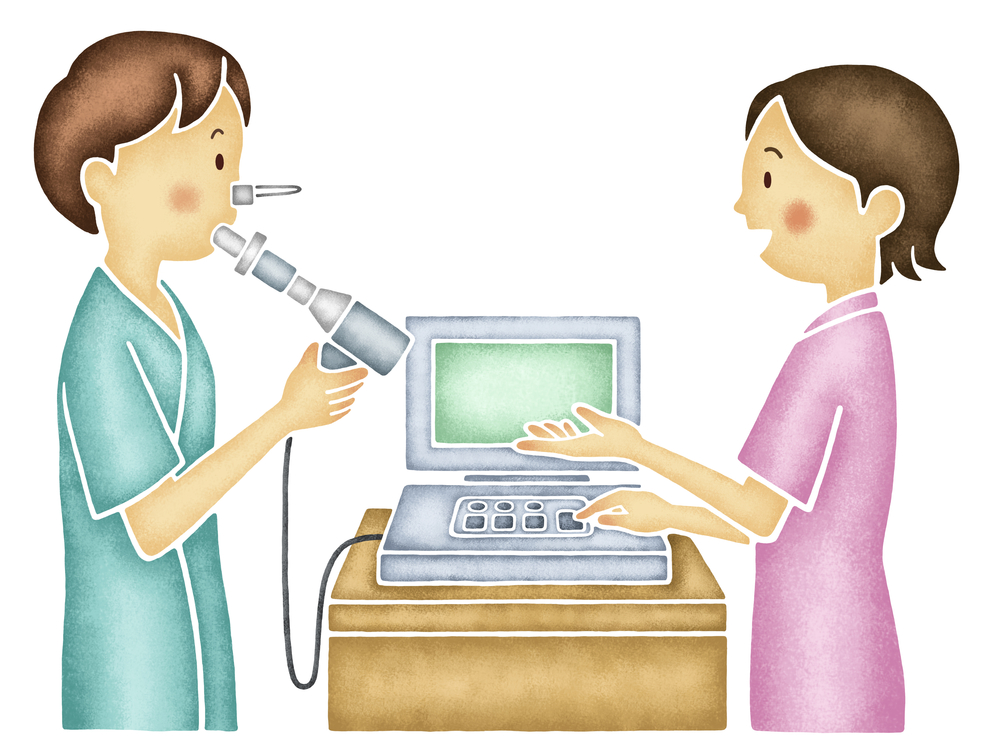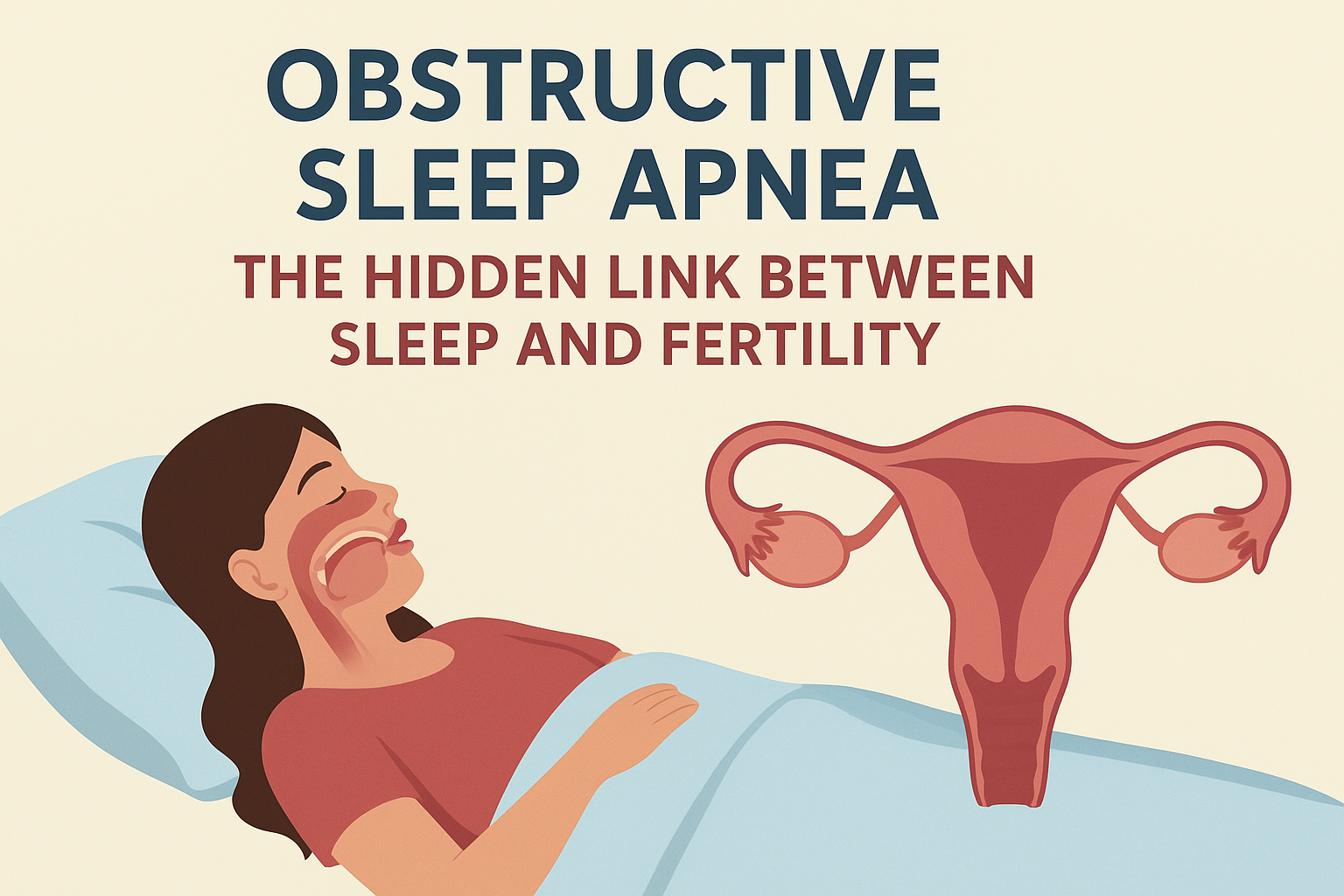Written by Aisha, Reviewed by Dr. Manvir Bhatia, 30/06/2025
Sleep is vital to our physical and mental well-being, yet millions of people around the world suffer from sleep disorders. These disorders can severely affect quality of life, leading to long-term health consequences if left untreated.
What is a Sleep Disorder?
A sleep disorder is a condition that disrupts the quality, timing, or duration of sleep, resulting in daytime distress or impaired functioning. These disturbances may include:
- Difficulty falling asleep
- Staying asleep
- Excessive sleepiness during the day
- Abnormal movements or behaviors during sleep
- Disruptions in the body’s internal clock
Sleep disorders are not just about feeling tired—they can significantly impact mental, emotional, and physical health, and deserve proper evaluation and treatment.
Types of Sleep Disorders
According to the International Classification of Sleep Disorders (ICSD-3), there are more than 90 types of sleep disorders. Some of the most common include:
1. Insomnia
Difficulty falling asleep or staying asleep, despite having the opportunity to sleep.
Symptoms:
- Difficulty falling asleep
- Frequent awakenings
- Feeling tired despite adequate time in bed
2. Narcolepsy
A chronic neurological disorder that affects the brain’s ability to control sleep-wake cycles.
Symptoms:
- Sudden sleep attacks during the day
- Excessive daytime sleepiness
- Cataplexy (sudden muscle weakness)
3. Parasomnia
Abnormal behaviors or movements during sleep.
Symptoms:
- Talking in sleep
- Sleepwalking or night terrors
- Acting out dreams (e.g., REM Sleep Behavior Disorder)
- Sudden waking in confusion or fear
4. Sleep Apnea
A serious sleep disorder involving breathing interruptions during sleep.
Symptoms:
- Loud snoring
- Breathing pauses during sleep
- Morning headaches
- Daytime drowsiness
5. Restless Legs Syndrome (RLS)
An irresistible urge to move the legs, usually due to uncomfortable sensations.
Symptoms:
- Tingling or crawling sensations
- Worse at night or during rest
- Temporary relief with movement
Causes of Sleep Disorders
- Lifestyle: Irregular schedules, excessive screen time, poor diet, and inactivity
- Mental Health: Stress, anxiety, and depression
- Medical Conditions: Asthma, chronic pain, acid reflux
- Genetics: Family history of insomnia or RLS
- Neurological or Hormonal Imbalances: Melatonin, cortisol, or brain function disruptions
Prevalence and Impact
As of May 2025, with a global population of 8 billion:
- 45% have some form of sleep disorder
- 25%–40% suffer from Obstructive Sleep Apnea (OSA)
- 10%–20% experience insomnia
- 20% report Excessive Daytime Sleepiness (EDS)
- In India, over 100 million people are affected by OSA
- In the USA, 70 million people have a sleep disorder
Diagnosis
Diagnosis involves:
- Clinical evaluation of symptoms
- Sleep history and lifestyle analysis
- Tools: sleep diaries, questionnaires
- Tests: Polysomnography (PSG), home sleep studies
The goal is to detect the type and cause of the sleep disorder to guide effective treatment.
Treatment Options
Lifestyle Modifications
- Maintain a regular sleep-wake schedule
- Avoid caffeine, alcohol, and heavy meals before bedtime
- Reduce screen time 1 hour before sleep
- Optimize sleep environment (quiet, dark, cool)
Medications & Devices
- Melatonin, sedatives
- CPAP/APAP machines for OSA
Address Underlying Conditions
- Treat depression, anxiety, and chronic pain
- Manage melatonin imbalance (light therapy, supplements)
- Control neurological issues like Parkinson’s or epilepsy
Psychological Therapy
- Cognitive Behavioral Therapy for Insomnia (CBT-I)
Prevention and Tips for Healthy Sleep
- Stick to a consistent sleep schedule
- Make your bedroom sleep-friendly
- Avoid screens 1 hour before bedtime
- Limit caffeine and heavy meals in the evening
- Exercise regularly (but not right before bed)
- Keep naps short and early in the day
- Manage stress with relaxation techniques
- Avoid alcohol and smoking
- Use the bed only for sleep
- Seek help for persistent sleep problems
When to Seek Help
Consult a sleep specialist if you experience:
- Persistent difficulty falling or staying asleep
- Excessive daytime sleepiness
- Loud snoring, gasping, or choking during sleep
- Abnormal behaviors during sleep
- Memory, mood, or concentration issues
- Sudden sleep episodes during the day
- Leg discomfort or the urge to move at night
Conclusion
Sleep disorders are common but treatable. Raising awareness and seeking timely intervention can dramatically improve one’s quality of life. If you or a loved one struggles with sleep, don’t ignore the signs. Consult a healthcare provider and begin your journey to restful nights and healthier days.



